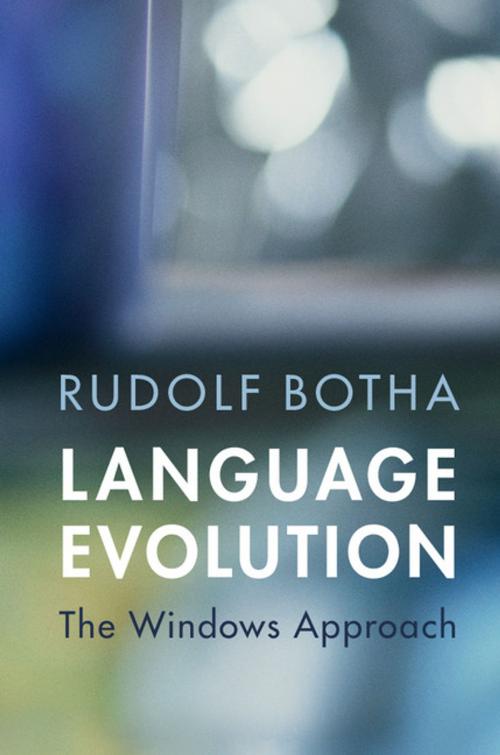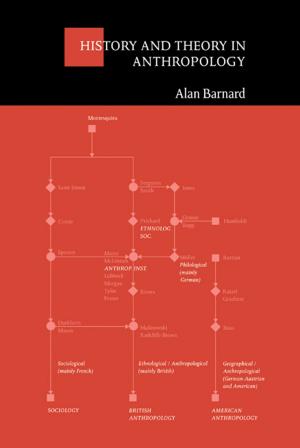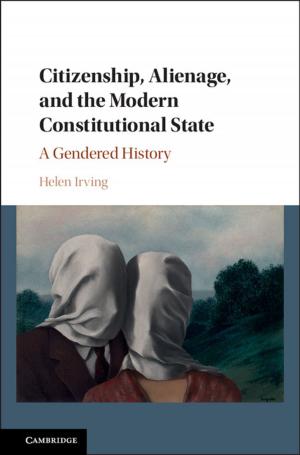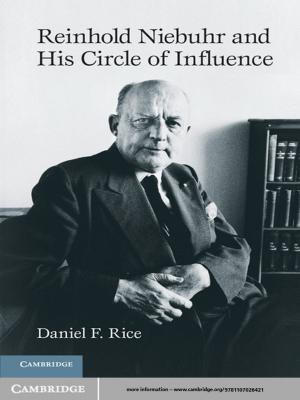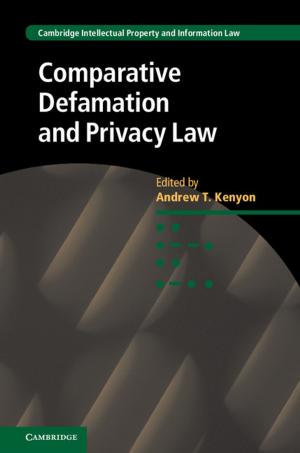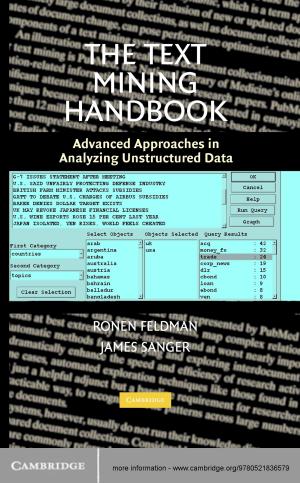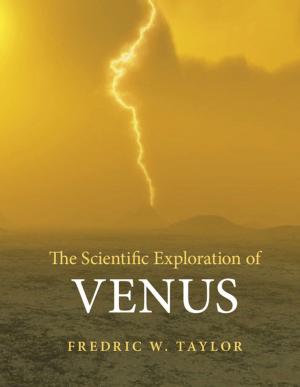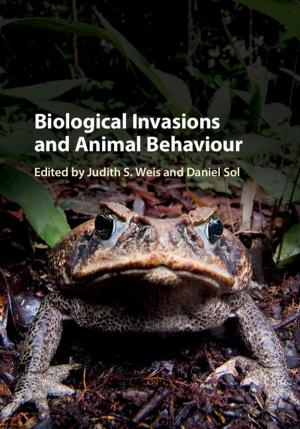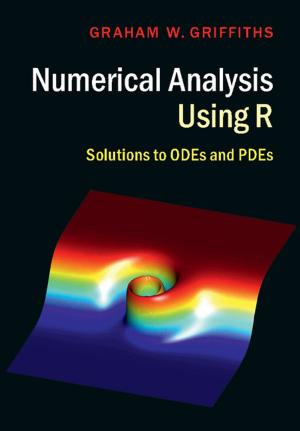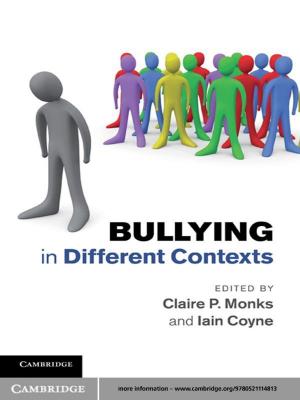Language Evolution
The Windows Approach
Nonfiction, Reference & Language, Language Arts, Linguistics, Health & Well Being, Psychology| Author: | Rudolf Botha | ISBN: | 9781316482155 |
| Publisher: | Cambridge University Press | Publication: | March 2, 2016 |
| Imprint: | Cambridge University Press | Language: | English |
| Author: | Rudolf Botha |
| ISBN: | 9781316482155 |
| Publisher: | Cambridge University Press |
| Publication: | March 2, 2016 |
| Imprint: | Cambridge University Press |
| Language: | English |
How can we unravel the evolution of language, given that there is no direct evidence about it? Rudolf Botha addresses this intriguing question in his fascinating new book. Inferences can be drawn about language evolution from a range of other phenomena, serving as windows into this prehistoric process. These include shell-beads, fossil skulls and ancestral brains, modern pidgin and creole languages, homesign systems and emergent sign languages, modern motherese, language use of modern hunter-gatherers, first language acquisition, similarities between language and music, and comparative animal behaviour. The first systematic analysis of the Windows Approach, it will be of interest to students and researchers in many disciplines, including anthropology, archaeology, linguistics, palaeontology and primatology, as well as anyone interested in how language evolved.
How can we unravel the evolution of language, given that there is no direct evidence about it? Rudolf Botha addresses this intriguing question in his fascinating new book. Inferences can be drawn about language evolution from a range of other phenomena, serving as windows into this prehistoric process. These include shell-beads, fossil skulls and ancestral brains, modern pidgin and creole languages, homesign systems and emergent sign languages, modern motherese, language use of modern hunter-gatherers, first language acquisition, similarities between language and music, and comparative animal behaviour. The first systematic analysis of the Windows Approach, it will be of interest to students and researchers in many disciplines, including anthropology, archaeology, linguistics, palaeontology and primatology, as well as anyone interested in how language evolved.
